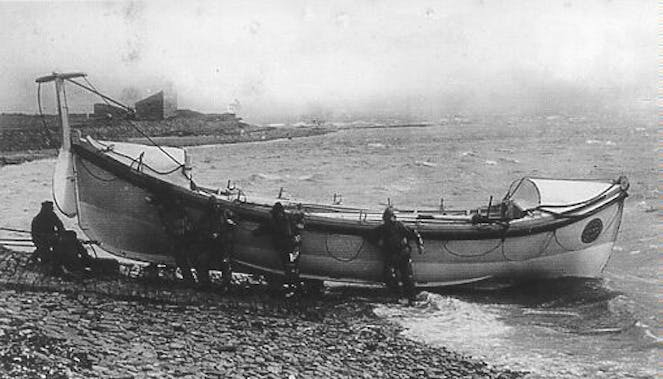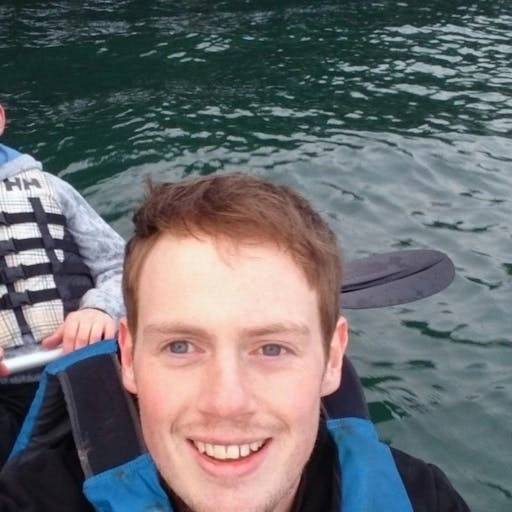The RNLI have some 237 lifeboat stations serving the United Kingdom, Republic of Ireland, Channel Islands and the Isle Of Man. Manned largely by volunteers, they save some 140,000 lives since 1824 – that’s some 720 lives per year. Here are some other things you may not know about the RNLI.
What does RNLI stand for?
The RNLI was originally called the National Institution for the Preservation of Life from Shipwreck when formed on March 4th, 1824. After gaining Royal Charter on 24th April 1860, it became known as the present-day Royal National Lifeboat Institution, or RNLI for short.

How many volunteers does the RNLI have?
As a registered charity, with Queen Elizabeth II as a patron, the RNLI relies on its’ network of volunteers. There are 4,700 volunteer lifeboat crew, supported by a further 3,000 shore crew, meaning a total of around 7,700 volunteers.
How many boats does the RNLI have?
Across the countries and regions supported, the RNLI is made up of 237 lifeboat stations and 349 lifeboats, with a further 108 lifeboats available as relief craft. RNLI lifeguards also serve more than 200 beaches across the UK and Ireland.
There are 11 types of lifeboats, ranging from small inflatable ‘ribs’ and light hovercraft to the Severn class – the largest at 42 tonnes. Find out more about the different lifeboats at the RNLI website.
How much does an RNLI lifeboat cost?
The cost of an RNLI lifeboat ranges dramatically between classes. According to the RNLI’s website;
A D class inshore lifeboat costs £52,000, a B class Atlantic 85 inshore lifeboat costs £214,000 and a Shannon class all-weather lifeboat cost is £2.1M
The Shannon class lifeboat was purpose-designed by RNLI engineers, featuring water jet propulsion instead of propelled, making it the most agile all-weather lifeboat at the RNLI’s arsenal.
How is the RNLI funded?
The RNLI receives no direct government funding, with only 2% of funds coming from government sources. The RNLI relies on donations from the public to operate, train, buy and maintain.
The donations generated from the public making charitable gifts or holding sponsored events make a big difference to the service. So now you know a little more than you probably already did about our lifeboat service, the RNLI.

Your thoughts and comments